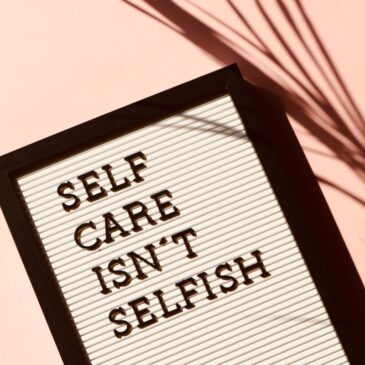Strategies for Breaking Free From Self-Destructive Patterns
Everyone forms healthy and unhealthy habits throughout their lives. For example, you may be good at following a healthy sleep routine but you tend to take on too many hours and or extra projects at work. You may have some unhealthy habits, but those behavioral expressions, like biting your nails, are not typically destructive. However,Read More





